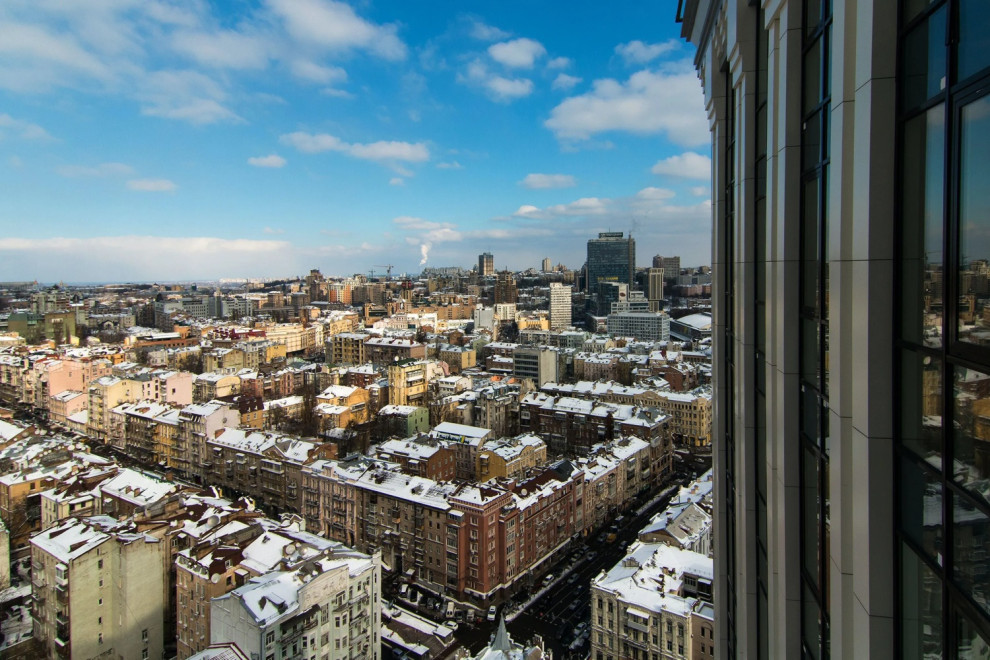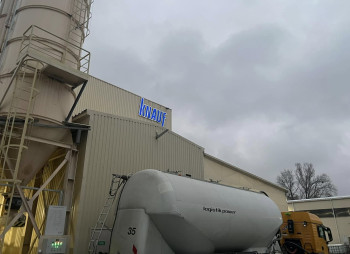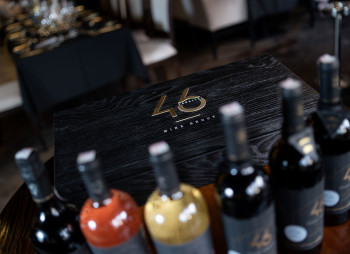The share of investment transactions in the structure of sales in the primary housing market is about 15%, which is more than twice lower than the pre-war figure, according to a survey of developers conducted by Interfax-Ukraine.
“The share of investment apartments differs in different classes of residential real estate. The average rate of such transactions is about 15%. Since the beginning of last year, the share of apartments under development has remained virtually unchanged, while it has halved compared to the pre-war period,” KAN Development told the agency.
According to the company, the portrait of the investor has not changed significantly, but there are more buyers from the regions and those wishing to purchase multi-room, family apartments.
According to the developer Alliance Novobud, the share of investment transactions in its sales structure is currently on average 15%, while before the full-scale invasion the figure was 20-25% in Brovary and 30-40% in Kyiv.
According to Iryna Mikhalova, CMO of Alliance Novobud, there is a high demand for either finished or highly finished houses, but there is also growing interest in investing in the excavation stage due to the growing shortage of finished apartments.
“The portrait of the buyer has not changed much. Most often, these are people, private investors who are engaged in the rental business or plan to sell real estate by assignment. There are also legal entities that buy apartments in bulk for resale after renovation. They have high hopes for the demand from buyers under the “eOselya” and “eRestoration” programs,” the expert noted.
Kovalska Real Estate also noted a moderate recovery in investment demand. According to Igor Subotenko, the company’s director, the share of such transactions is currently 20% in the comfort class.
“Apartments are bought to save money and to increase the margin of start-finish construction, as the cost of each new project is getting higher,” he explained.
According to the expert, investors are interested in apartments for families of four or more people: zoned one-bedroom apartments of up to 60 square meters, two- and three-bedroom apartments of up to 110 square meters.
The share of investment demand in Intergal-Bud’s sales structure is currently 10-15%, while last year it was 5-10%, and before the full-scale invasion it was 40% or more. At the same time, the portrait of the investor has changed somewhat.
“Before the full-scale invasion, we recorded a considerable interest in primary investment among business owners and representatives of the IT industry. In 2021, young people, 28-30 years old, bought housing to earn money. Now these are people aged 40+, with almost no representatives of the technology and creative industries among them, but many employees and civil servants,” said Anna Laevska, Commercial Director of Intergal-Bud.
According to her, the share of IDPs among investors has also increased, as they invest their remaining savings in square meters to earn money after purchasing residential real estate.
According to Daria Bedia, Marketing Director of DIM Group, the developer’s clients mainly buy housing for themselves, but about 10% of transactions are investment. At the same time, most of the investors are professional, who previously had real estate in their portfolio.
One-bedroom apartments are in the greatest demand in the comfort+ class, while the requested area has decreased by an average of 15 square meters.
The Group is also considering introducing a format of income housing-apartments managed by a professional operator into its projects.
“This is a separate product that we are actively developing. In two of our projects, apartments with hotel services are designed as part of residential development. Among the added value are the best service for owners from well-known operators, the ability to comfortably accommodate relatives and friends in their homes without violating their privacy, and a well-developed internal infrastructure, as the apartments become a center of attraction for additional services: spa, restaurant, coworking, children’s areas, etc.” Bedia explained.
According to Roman Davymuka, CEO of Avalon, developers are actively developing additional services for investment housing.
“People are investing mainly in the long term – if in an apartment, then to make repairs and then receive rental income. We believe that special holistic services from the developer, including repairs, are the future of the product, and the market will develop into fully finished apartments,” he said.
Kovalska Real Estate is considering a turnkey renovation service. It is expected that the cost of repairs will be $400 per square meter. The service is planned to be launched in the new phase of Rusanivska Havan residential complex, the company’s director noted.
According to the press service of KAN Development, the developer has launched the KAN Market service, which allows customers to sell or lease their real estate and manage the full cycle.
For its part, Alliance Novobud is exploring various formats of additional services for investment housing, including the management of both apartments and parking spaces.
“We are considering engaging third-party partners to implement the collaboration, as well as an internal management company,” said Mikhaleva.






